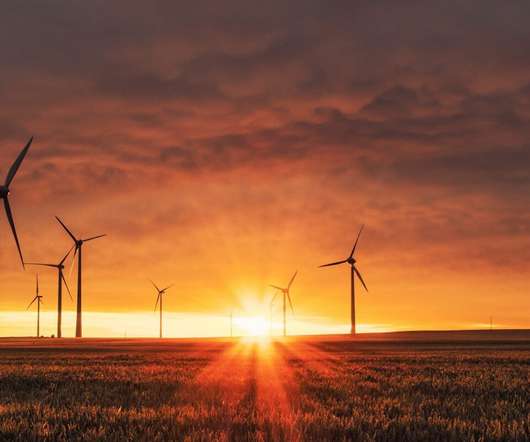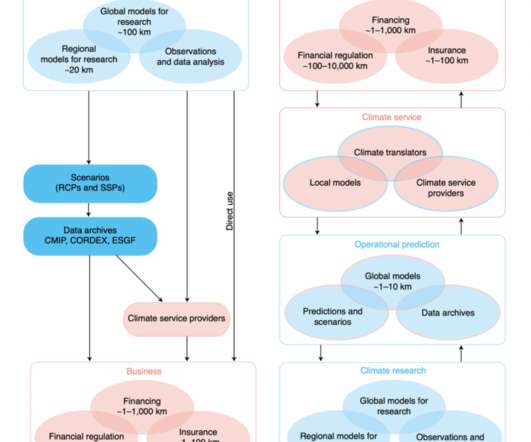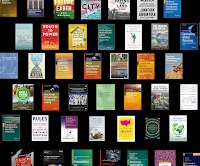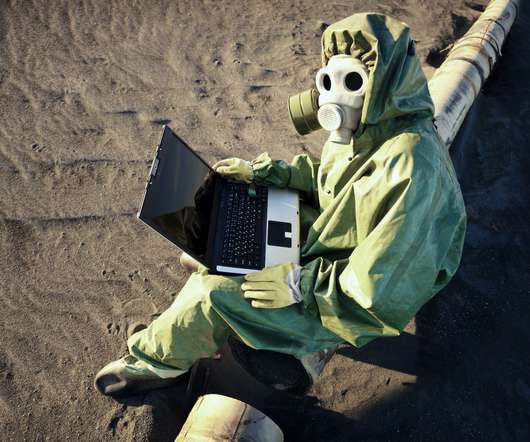Des Moines, Iowa commits to 24/7 clean electricity
Renewable Energy World
NOVEMBER 17, 2021
Though it’s insulated from sea level rise, the state of Iowa faces many dangerous climate change impacts — which in turn threaten the nation’s food supply. Podcast (localenergyrules): Play in new window | Download | Embed. Originally published on ILSR.org . Subscribe: Stitcher | RSS Episode Transcript.
















Let's personalize your content